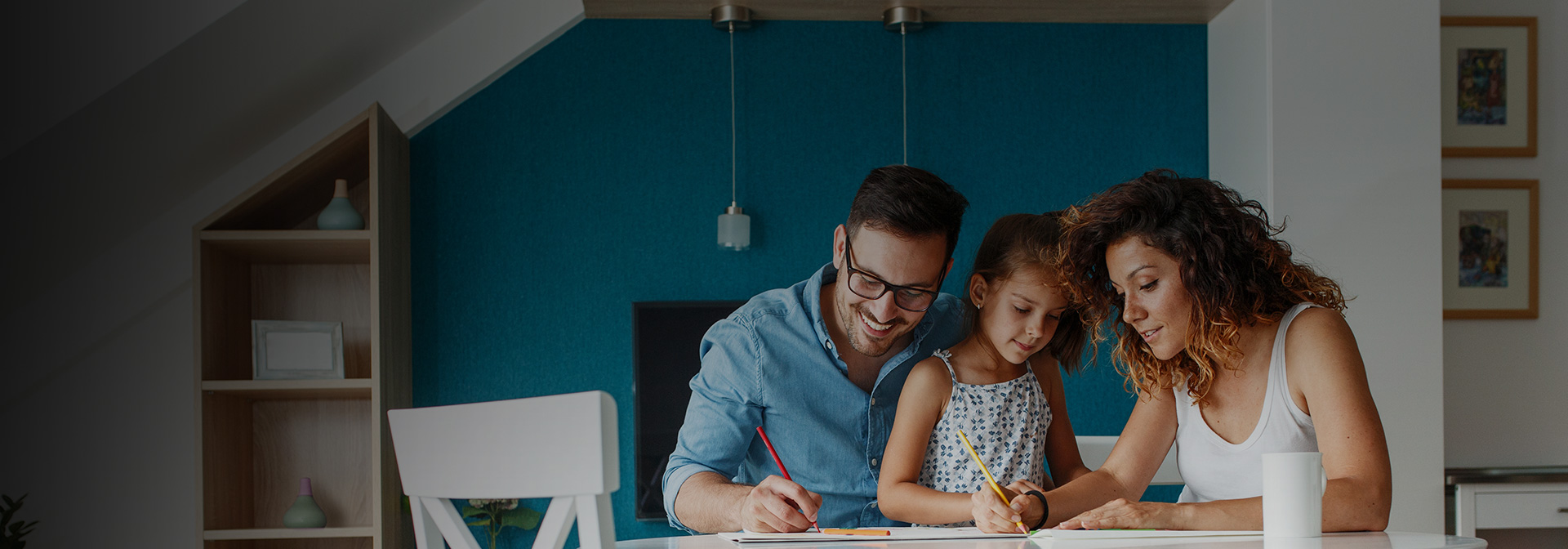Have you noticed that your “springtime allergies” are sticking around a little longer than usual? It might not be pollen that’s making you sneeze and cough—it could be your indoor air quality.
Indoor Air Quality’s Impact on Your Wellbeing
Poor indoor air quality can cause symptoms that you might mistake for allergies, including:
- Headaches
- Irritated eyes, nose, and throat
- Dizziness
- Fatigue
One way to tell if your indoor air quality is causing these symptoms is to take note of when they occur. Do they go away when you leave home? Do they return when you come back? If so, you should probably look into improving your indoor air quality.
Indoor air pollutants can also negatively impact your health in the long run. According to the EPA, health effects such as heart disease, respiratory diseases, and cancer can emerge years later or after periods of long or repeated exposure.
Causes of Poor Indoor Air Quality
The EPA reports that the concentration of pollutants indoors is often 2 to 5 times higher than typical outdoor concentrations. Indoor air pollutants can include materials and substances such as:
- Dust
- Pet Dander
- Mold, mildew, and fungus
- Cigarette smoke
- Discarded skins from dust mites, cockroaches, and other pests
- Volatile organic compounds like benzene and formaldehyde
- Harmful chemicals that have “off-gassed” from cleaning supplies, adhesives, paint, and pressed-wood furniture
- Fumes from combustion appliances
High concentrations of these pollutants often occur when a home has stagnant air and lacks adequate ventilation. In other words, pollutants are allowed to accumulate because indoor air isn’t being exchanged with fresh outdoor air.
How to Get Healthier Indoor Air
There are multiple steps you can take to reduce indoor air pollutants in your home. The most effective way to start is by getting some air movement going so that you can let harmful particles out and fresh air in.
Routinely open windows at opposite ends of a room or a hallway to create a cross-breeze. If you’re concerned about outdoor temperatures increasing your heating or cooling costs, consider an HVAC improvement like the Econo Air Mizer. This equipment works with your existing HVAC system to filter your air while also completely exchanging the air in your home 5 to 15 times per hour.
You can also improve your indoor air quality by:
- Routinely dusting, mopping, and vacuuming with a HEPA filter
- Avoiding pressed-wood furniture
- Only using cleaning products and adhesives that off-gas harsh chemicals when absolutely necessary
- Using your bathroom exhaust fan when bathing and showering
- Using your kitchen exhaust fan when cooking on the stove
When most of us spend 90% of our time inside, indoor air quality is too important to ignore.
For help achieving cleaner, healthier air in your Brea home, don’t hesitate to contact our experts at Econo Air: (714) 710-1070.

